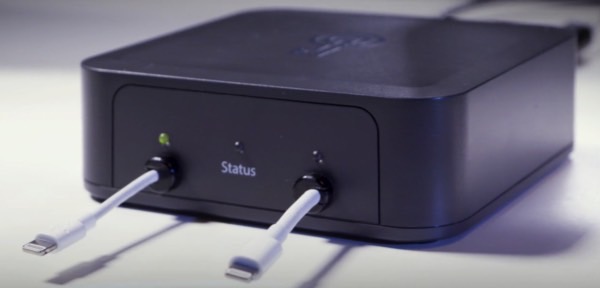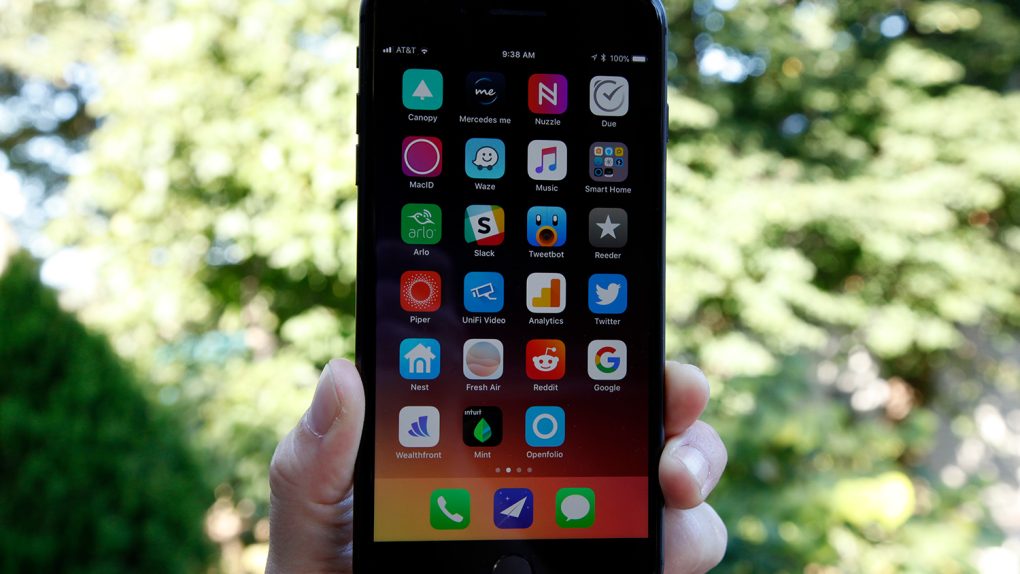For a few weeks now, we’ve seen a bunch of reports detailing an expensive iPhone hacking machine that can crack any iPhone, including the latest models. A flaw in iOS allows this machine to guess the password of any iPhone, and thus crack the phone’s encryption. The GrayKey machines sell for $15,000 or $30,000, and they get the job done. Apparently, various law enforcement agencies have ordered these devices, including police in various US states and the State Department. The FBI, DEA, and Secret Service are also looking to acquire iPhone-cracking devices.
Apple hasn’t yet fixed the flaw that allows the machine to brute force its way into a device by getting the right password. But the company is already working on additional defenses, and one was tested during the iOS 11.3 beta phase.
As it is right now, Grayshift’s GrayKey machine can hack into any iPhone. Apple has added a security feature in iOS 11.3 beta that renders the Lightning port unusable seven days after the last device unlock.
What this effectively means is that police will have up to seven days to unlock a device with the help of the box, which does its trick via the Lightning port.

The new security feature was discovered by a former Apple employee who works for the company that makes the boxes.
“Starting with iOS 11.3, iOS saves the last time a device has been unlocked (either with biometrics or passcode) or was connected to an accessory or computer. If a full seven days (168 hours) elapse [sic] since the last time iOS saved one of these events, the Lightning port is entirely disabled,” Braden Thomas wrote in a blog post seen only by customers, which Motherboard obtained. “You cannot use it to sync or to connect to accessories. It is basically just a charging port at this point. This is termed USB Restricted Mode, and it affects all devices that support iOS 11.3.”
Apple’s USB Restricted Mode never made it into the final version of iOS 11.3. But that doesn’t mean Apple will not add it to a future iOS release.
The worry here isn’t that law enforcement can break into devices involved in criminal investigations. It’s that any iOS flaw can be abused by people with malicious intentions putting everyone at risk.
This particular flaw is just like a backdoor in encryption, as it offers a third-party a way to access a password-encrypted iPhone. Apple will probably find a way to permanently patch it.








